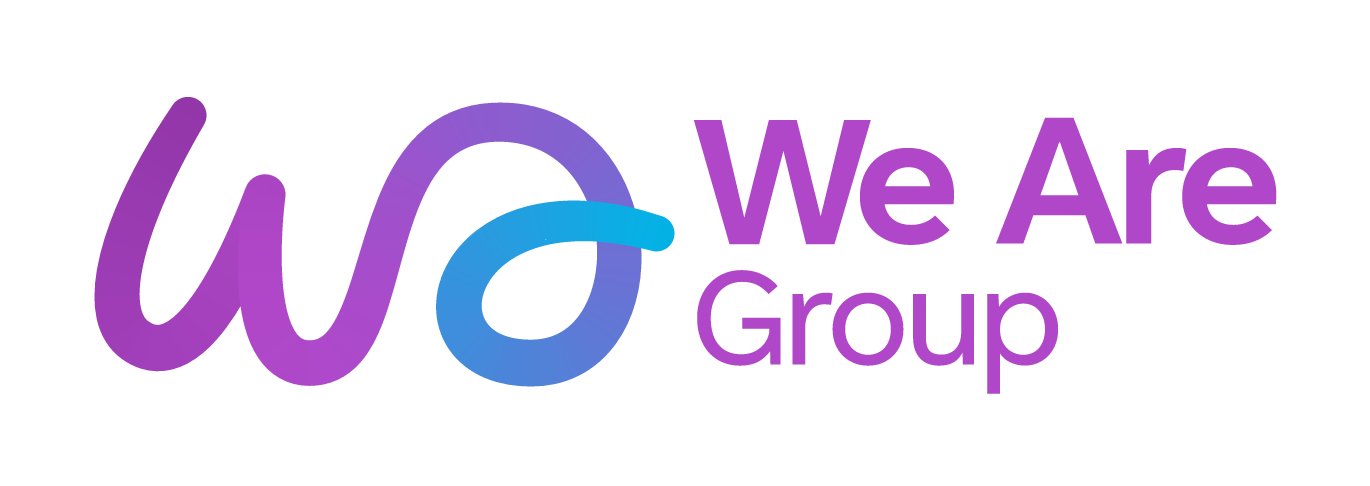Brian has spent more than 12 years working in Housing Associations (HAs) and Arm’s-length management organisations (ALMOs) around the UK. From this experience, Brian has crystallised what he feels should be one of the key objectives for HAs and ALMOs – making a real difference to residents’ self-belief and self-confidence. The following responses give Brian’s view on what HAs can do to make this a key operational objective.
Can you tell us a little bit more about yourself and your role?
I first trained in chemical engineering at Cambridge University before working at ICI for fifteen years. It was a great time, during which I helped design and manufacture the first ozone friendly refrigerant in the USA. I then worked for Remploy as operations director. The company employed 6,000 people in the UK with disabilities. My first experience in housing was as CEO of City West Homes, followed by stints at Moat and then Metropolitan.
Why is it the responsibility of HA to build self-belief and self-confidence?
Any business model needs to promote stability and HAs are no different. Running a HA is a balancing act between building more homes, raising the financial health of the organisation, providing consistent service and improving the lives of residents. By building a community that is more independent and more robust to manage the ups and downs of life, HAs build a more stable financial model, residents’ lives are positively changed and communities become self-sustaining. It really is a win for everyone.
What else can HAs do to help residents?
When I worked with Remploy, we asked staff about how we could improve the productivity of the workplace and gave them time and encouragement to gain basic skills qualifications – often the first of their lives. This subtle intervention created a great change among employees. Those that were shy began to look you in the eye and to positively challenge people because they had more self-belief. It requires careful thought about how services are provided and other community or personal interventions are designed to have this positive, empowering impact.
How does digital training help people develop Financial Independence (FI)?
Being online helps people to navigate the world in an autonomous way, giving them the chance to operate on an equal footing in society. When you consider that a home in a HA will cost between £200,000 – £500,000, spending roughly £1,000 on radically improving someone’s life seems like a tiny amount of money to make a potentially huge impact. It will also create more financially resilient and happier tenants, benefiting both the HA and everyone in the wider community.
What are the broader benefits to HAs of getting people online?
There are many benefits including reduced running and administration costs. As budgets are constrained, many associations are looking at ways to reduce overheads. Moving basic administration processes online is a great way to achieve that. Digital literacy also leads to higher employment rates, creating greater wellbeing and economic security for residents. It helps people to recover and eliminate existing debt, all good outcomes for the housing association. Most of all, seeing peoples’ lives change for the better is why people work in HAs.
How can the success of programmes like DI and FI be measured?
It is really helpful to have a set of clearly defined outcomes. For residents, this could be employment, no debt, savings and doing voluntary activity in the community. Organisations can see whether the work that they are doing is having real, lasting impact. Services need careful thought in their design – doing too much for a customer can erode that resilience and stifle self-confidence. What the right level of service is and how to implement it is something that needs to be discussed with customers.
Who else is responsible for implementing social change?
There is room for all sorts of bodies – health, education and social services. It is an exciting time for HAs because the business has a real choice about how it spends money. In general, industries that revolve around social values attract good people – it is a hugely rewarding industry to be involved in. HAs are rightly often at the centre of pulling together all these partners in the community so that they come together to maximise their combined positive impact.
In your experience with delivering digital training, what is the most effective way to engage residents?
It is important that training is delivered face-to-face. Remote training is less effective. An experienced tutor is worth their weight in gold. We have worked previously with We Are Digital and the company’s ability to engage residents is hugely impressive. Attendance numbers are high, and the course teaches functional skills in an environment that encourages self-confidence.



